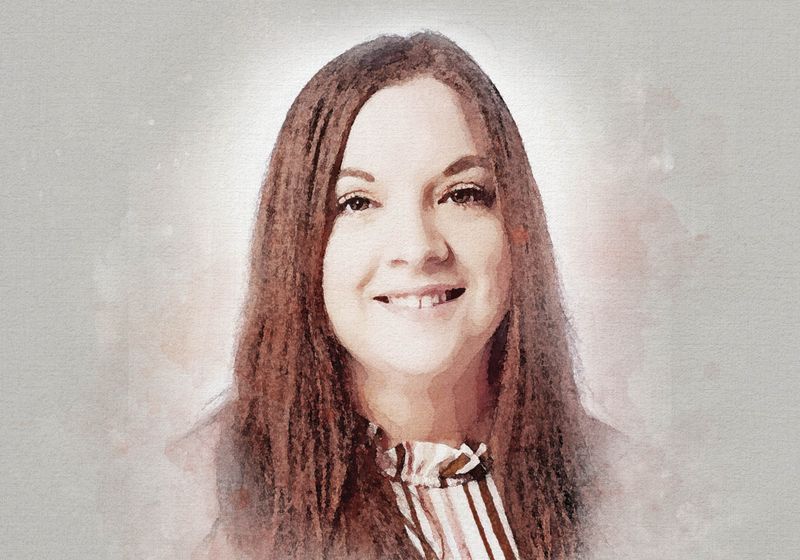This postdoc studies the maternal brain to reveal how pregnancy and immune changes shape cognition and behavior.
Q | Write a brief introduction to yourself including the lab you work in and your research background.
My name is Jessica Bradshaw. I am an immunologist in Rebecca Cunningham’s lab at the University of North Texas. We study how sex hormones and oxidative stress influence the brain across the lifespan. Our goal is to better understand how these factors shape memory, behavior, and risk for neurodegenerative disease in both men and women.
Q | How did you first get interested in science and/or your field of research?
My earliest exposure to science was as a young child when my mother presented a large stack of brightly colored petri dishes to occupy me while she conducted experiments in a nearby microbiology lab. What began as simple entertainment quickly sparked a curiosity that grew into an enduring passion for science, strengthened through continued learning and exploration. As an undergraduate at Oklahoma State University, my interests deepened while taking advanced microbiology and immunology courses, which motivated me to pursue a PhD in the field. My training has since broadened through postdoctoral experiences in cardiovascular physiology, pregnancy physiology, and neuroendocrinology, providing me with a diverse and interdisciplinary foundation for my research.
Q | Tell us about your favorite research project you’re working on.
One of my favorite research projects investigates how pregnancy experiences influence the maternal immune system and shape the maternal brain across the lifespan. We are examining how both healthy and complicated pregnancies affect immune activation along with brain structure and function during and after pregnancy. Currently, our work focuses on gestational sleep apnea, using rat models to study how intermittent hypoxia impacts maternal cognition and behavior across the perinatal period. In parallel, we are investigating whether immune modulation can improve maternal cognitive and behavioral outcomes during and after pregnancy.
Q | What do you find most exciting about your research project?
The most exciting aspect of my career thus far has been sharing my science and learning from others. I especially enjoy attending conferences, where I can reconnect with colleagues, build new connections, and engage with leading researchers. My curiosity drives me to seek out new knowledge, and conferences provide the ideal environment to exchange ideas and be inspired by the brightest minds in the field.
Q | If you could be a laboratory instrument, which one would you be and why?
I would be a microscope so that I could bring what is hidden into focus and illuminate the hidden beauty of intricate biology. There is just something so magical about fluorescently colored tissues that the young child in me still deeply appreciates.
Are you a researcher who would like to be featured in the “Postdoc Portraits” series? Send in your application here.

